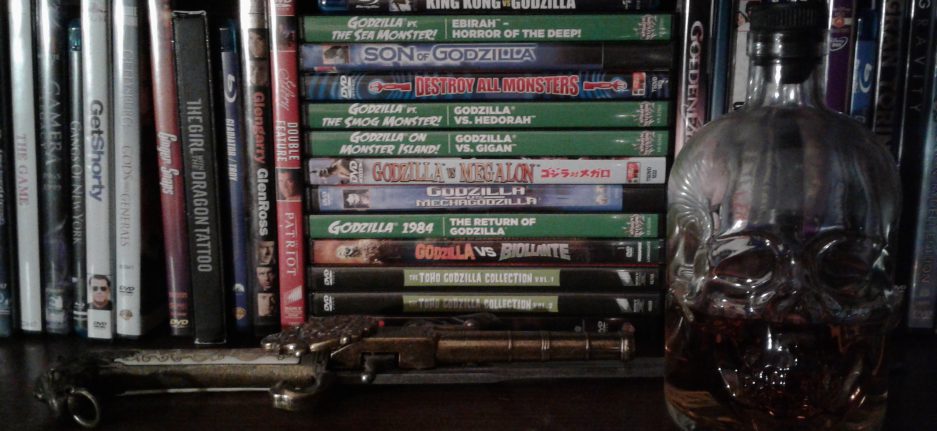I’m sure everyone remembers at least one run-in with that kid in school. You know the one, where if he were to deck you in the face and get you both hauled into the Office, his parents would swear up and down that he was angelic, a positive force in the community, and an all-around saintly individual. You must be to blame for everything, especially attempting to drag his good name in the mud. Something like that sound familiar? Maybe it was just me.
Regardless, imagine how things would go if one of his parents wasn’t fully convinced of his greatness, if his true nature was known and dreaded, yet still covered up. Imagine no longer, ye children, as we have a superb dramatization of just such a situation in 2011’s We Need to Talk About Kevin.

Based on the 2005 novel by Lionel Shriver, the film details the tumultuous family life of the Khatchadourians. We watch as Eva, a travel writer, ho-hums her way through her first pregnancy, which results in the birth and development of Kevin, who seems to have an antagonistic relationship with his mother from the beginning: He ignores both her orders and her attempts to show affection, he seemingly purposely defies attempts at toilet training for years, and he increasingly shows himself to be devilishly mean and cruel. Well, in front of his mother, anyway; when dear ol’ Dad’s watching, he’s sweet. In fact, when Eva, in a fit of frustration, tosses him and breaks his arm, he lies to his father about the cause, if only to later exploit the situation to extort his mother into conforming to his will. Things escalate when a younger sister is born, eventually leading to Kevin executing a massive crime.
All of this is chopped up and mixed in with the fallout, with Kevin in prison and his mother struggling to survive in a post-Kevin world. Writer/director Lynne Ramsay – whom I was introduced to through Tony Zhao’s excellent Every Frame a Painting episode spotlighting her “poetic” filming style – makes sure that Shriver’s characterization of Eva as an unreliable narrator rings true in the film: The book is structured as a series of letters written by Eva as she provides insights and confessions to her past with Kevin; the film certainly appears to lean in Eva’s favor for most of the runtime, painting her as a pitiable, sympathetic victim of a “bad seed” kid, but we get several quick-yet-telling glimpses of her own complicity in Kevin’s evil, from her lack of patience and willingness to resort to physical corrections to her blatant expressions of distaste for her son spoken right to his young face. Make no mistake: No one comes out of this completely clean (save maybe the daughter).
Ramsay, editor Joe Bini (likely best known for his work with director Werner Herzog on such films as Rescue Dawn, Cave of Forgotten Dreams, and Grizzly Man), and cinematographer Seamus McGarvey (whom we’ve met before as the man who lensed Nocturnal Animals, Bad Times at the El Royale, and High Fidelity, among many others) weave a truly sordid tale that often layers the dread, horror, and psychological mayhem so as to punch you in such a way that you feel both the pain and the impact itself for a good while. It’s a genuinely affecting film that explores the two-way street of delinquency and parenting by basically destroying a woman’s mind and life over the course of nearly two decades. The cut-and-paste timeline (if Naked Lunch had been done this well, I might have been able to finish it without strain) disorients at various times, draws parallels that may not materialize immediately, and provides a surprisingly deep portrait of the madness of the Khatchadourian home with telling vignettes, occasionally mere glimpses and implications. Everything here is top-notch, especially Tilda Swinton’s spectacular performance as Eva, whom Swinton rounds out into a simultaneously contemptible and pitiful woman. (Gotta say that John C. Reilly also does well in a setting I’m certainly not used to seeing him in as the always optimistic and well-thinking father.)
Honestly, I can’t recommend this film enough. It hits all the right notes in ways that really mess with you (in a good way) and leave you thinking and feeling differently from when you started, the mark of a true artistic impact. Good times (through bad times).
